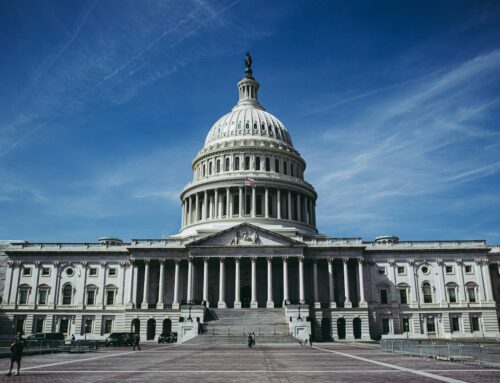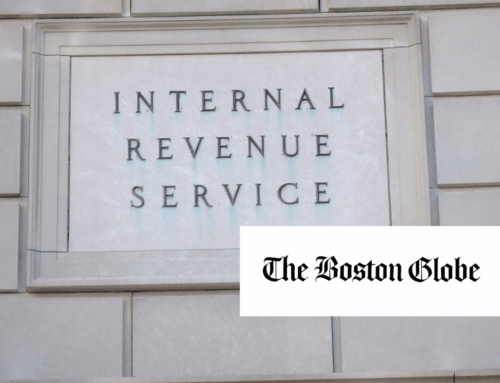Today is February 29th, the extra day that comes around every four years. And boy, do we need it. March 1st is the expiration date for the first of two continuing resolutions that must pass to keep the government running. The second continuing resolution, funding the rest (roughly 80 percent) of the government, expires March 8th. So there’s a lot of work to be done in very little time. Even with the extra day of breathing room, coming to an agreement on a $1.7 trillion budget is a tall task, which is why it’s no surprise Congress is kicking the can further down the road. This is certainly better than a shutdown, but still constitutes legislative malpractice. Congress needs to get its fiscal house in order. It’s a full five months behind its September 30th deadline.
Delaying the final spending bills creates a costly domino effect. The President’s annual budget request is legally required to be submitted by the first Monday of February. But, due to continued haggling over FY2024, the request for fiscal year 2025 won’t show up on the Capitol doorstep until March 11th at the earliest. It’s hard to blame the administration for not showing their 2025 spending cards until 2024 is decided. But it also means that Congress is already behind schedule for fiscal year 2025.
Under a “regular” budget process, the House and Senate respond to the President’s budget request. First with press releases and floor speeches, then with an actual Budget Resolution. The Budget Resolution is what matters most for legislators. It’s an agreement between the House and Senate that sets the overall spending levels and enables the Appropriations Committee to hash out the details. And while it typically diverges significantly from the President’s request, it comes after submission because the trove of materials from the administration informs Congress on where previous funds were spent, what is left over, and what the President’s priorities are going to be.
Let’s be clear, the House and Senate often have a hard time agreeing to a budget resolution even when the President’s budget request is on time. But every day that’s spent dealing with last year’s budget process is one more day Congress is behind on this year’s process. Election year partisan politics already make legislating difficult. Coupling that with a delayed appropriations process will make for a messy fiscal year-end, a little more than a month before the election.
Dragging out finalizing the FY24 spending bills also means Washington can’t turn to other important matters. There are also programs and legislation that have their extensions tied to the expiring Continuing Resolutions. The National Flood Insurance Program and Federal Aviation Agency authorizations are two notable examples. These programs play critical roles in both the economy and the daily lives of Americans. Leaving aside their pending expiration, these should have their own separate reauthorization debates to ensure the programs are fiscally responsible and provide the benefits as intended.
Also, it should be noted that the Fiscal Year 2024 appropriations debate only guides $1.7 trillion in discretionary funding. That’s a lot of money, but it’s less than a quarter of all annual federal spending. Consuming all of the legislative oxygen in the House and Senate on last year’s business means lawmakers can’t turn their attention to matters needing attention on the much bigger mandatory side of things like the Farm Bill, Social Security’s future insolvency, or the various expirations of benefits, reimbursement rates, and other aspects in Medicare and Medicaid. This also means they don’t have time to turn to other legislation like the debate over renewing various intelligence authorities, supplemental appropriations for Ukraine and Israel, because all the attention is on a dozen bills that should have been enacted before the end of September last year.
For the sake of all taxpayers, Congress needs to finish the fiscal year 2024 spending bills ASAP. Then lawmakers must quickly turn to fiscal year 2025 and start the hard work of addressing the problems that got us here in the first place They should start with an important bipartisan proposal to create a fiscal commission that can recommend changes to right the country’s fiscal trajectory and reform programs and budget policies, so we aren’t in this mess year after year.










